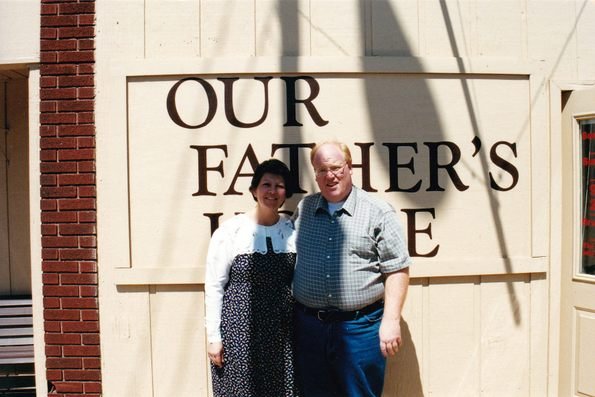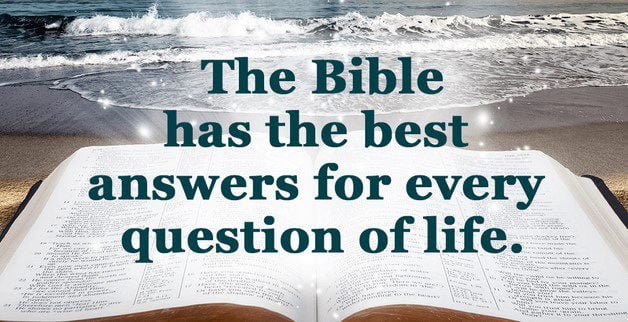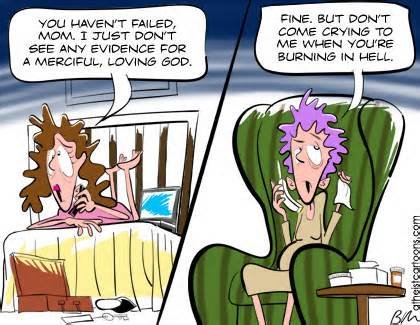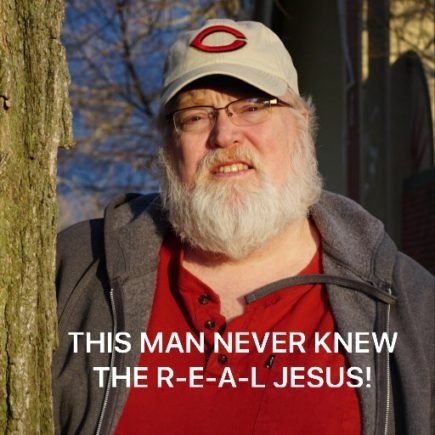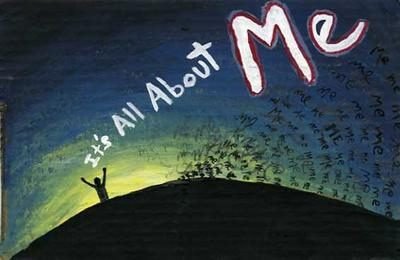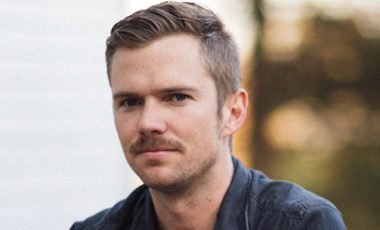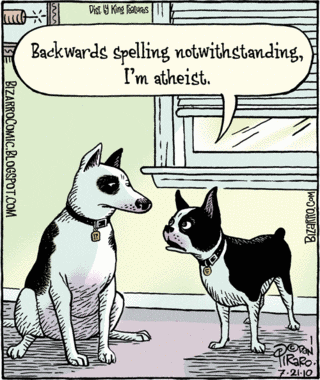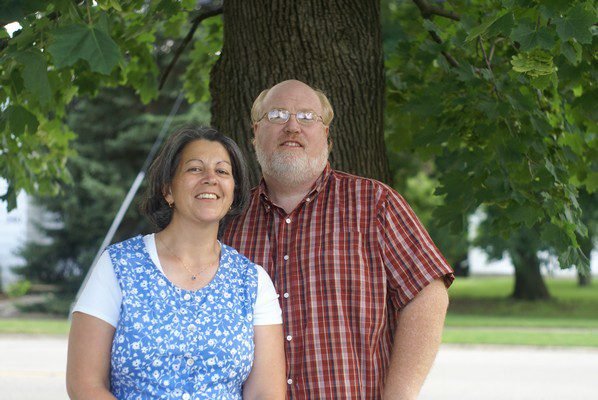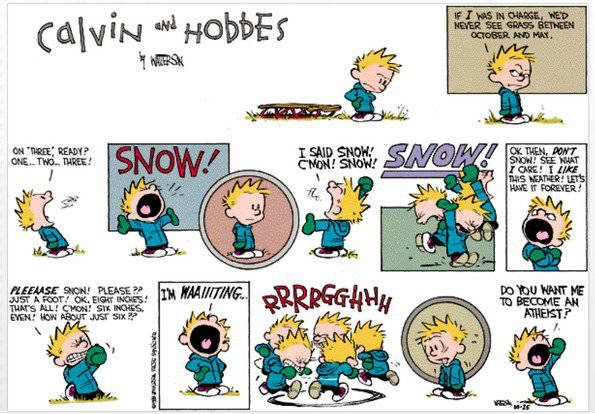
It is not uncommon to hear Evangelicals claim that they were “atheists” before they became born-again Christians. Often, their goal is to connect with atheists, hoping to win them to Jesus. These atheists-turned-Christians think if they show that they “understand” atheism, that atheists will more likely accept their evangelistic appeals. Over the years, countless Evangelicals have tried this approach with me: Bruce I understand! I was once an atheist just like you! And then one day I realized I was a sinner in need of salvation and Jesus saved me! See! We are just the same. No. Really we aren’t.
I was a Christian BEFORE I became an atheist. I spent fifty years in the Christian church. I was an Evangelical pastor for twenty-five years. I was raised, saved, baptized, and trained in the Evangelical church. I attended an Evangelical college. I pastored Evangelical churches in Ohio, Michigan, and Texas. I, at one time, had a library that contained over 1,000 theology books, all of which I read and used in my sermon preparation. I also had Bible and language study programs on my computer. I spent most of my adult life thoroughly immersed in study of the Christian Bible and Christianity. When I deconverted, I did so because I intellectually concluded that the claims of Christianity were false. (Please see The Michael Mock Rule: It Just Doesn’t Make Sense.) My unbelief was the result of my painstaking, agonizing deconstruction of Christianity.
Most Christians-turned-atheists, deconvert when they are younger. Rare is the person who is in his fifties before he decides to walk away from Christianity. That I was willing, regardless of the cost, to renounce all that I once believed, doesn’t mean that I am, in any way, unique. While many people embrace atheism in their 20s and 30s, I do know of people who were much older when they lost the ability to believe in the existence of gods. All that being older means is that I had a lot more to lose by publicly announcing my defection from Christianity. I had accumulated a lifetime of experiences and friendships, and losing these was painful. The moment I dropped Dear Family, Friends, and Former Parishioners in the mail and posted it to my blog, I knew that my life, from that point forward, would never be the same.
While my wife came along with me as we walked out the doors of the church for the last time, it was not at all certain that Polly would come to the same conclusions I did. The same goes for my six adult children. I risked losing the love of my life and the six blessings we shared over the course of our marriage. While I can now say that things worked out better than I could ever have imagined, there were times when I wondered if I wasn’t an arsonist who torched his own house.
So, dear atheists-turned-Christians, in what way was your “godless” life like my current life as an atheist? Be honest. Isn’t saying you were an atheist BC (before Christ) really just a generic, meaningless shorthand for life before Jesus? Evangelicals love to claim that there really is no such thing as an atheist, yet, when it suits them they are willing to claim the atheist moniker. If, as Evangelicals claim, everyone knows there is a God and has his law written on their hearts (Romans 1,2), how then is it possible for Evangelicals to be atheists before they became Christians?
Very few people schooled in the nuances of atheism, agnosticism, and humanism ever embrace Evangelicalism. Some might embrace moderate or liberal forms of Christianity or some other religion, but atheism is a sure antidote for Christian Fundamentalism. When it comes to reaching knowledgeable atheists, Evangelicals are batting pretty close to zero.
Instead of saying they were atheists before Jesus, Evangelicals should say they were indifferent towards religion. Virtually all religious belief is the result of where and when a person is born, along with tribal, social, cultural, and environmental exposure. Very few Evangelicals are willing to investigate why they believe what they believe. Better to make up stories about being atheists before being supernaturally saved by Jesus, than to admit that the reasons for their beliefs are quite human and earthly. In working with people who are in the process of leaving Evangelicalism, I try to get them to look at their lives from a sociological and cultural perspective. Once they are able to see how they became a Christian, sans any claims of supernatural action by the triune God, they will then be able to examine the claims of Christianity without faith getting in the way. It is not enough for people to say, I BELIEVE! Such a faith claim lies beyond investigation. If Evangelicals want their religion to be taken seriously, then they must be willing to expose Christianity to intellectual examination. If they are unwilling to do so, then atheists are free to dismiss their claims out of hand.
If there is one thing Evangelicals love, it is a glorious, often bloody, violent, sex-filled salvation testimony. Years ago, a young adult Amish-Mennonite man confided in me that he was distressed over the fact that he was not a bad person like many people were before they were saved. This man grew up in the Amish-Mennonite church and never strayed far from its teachings. He told me that he couldn’t remember a time when he wasn’t a Christian. There was almost a yearning in his voice, a desire to live a little and experience the sins of the world. Then he would have a story to tell.
This young man, like many Evangelicals, likely heard countless testimonies from people who were (fill in the blank) before they became Christians. In the Independent Fundamentalist Baptist church movement, larger-than-life testimonies of licentiousness and debauchery are quite common. I hate to reduce everything down to the penis size matters metaphor, but in the case of salvation testimonies, it often the case that Evangelicals want to “out–bad” each other. If Bro. Joe was a drunk, then Bro. Hank was a bigger drunk and a drug addict too. If Sister Sally lost her virginity to the preacher’s son, Sister Julie lost her virginity to the deacon’s son and had sex with the preacher’s son too. And on and on the dick-waving goes. Result? Fantastical stories of lives before Jesus that are legendary, often admixtures of embellished truths, lies, and fantasies.
Having heard hundreds of salvation testimonies, I have concluded that most public declarations of life before Jesus are fabrications built around a kernel of truth. So, when Evangelicals say they were atheists before Jesus, I generally roll my eyes and silently say to myself, sure you were. Many Evangelicals sincerely believe their testimonies are true. They are unwilling or unable to see that their stories are the products of telling the same falsehoods over and over. It is easy for us to convince ourselves of things that have no basis in fact. Atheists are capable of self-deception too. When I read a story about an atheist who says he knew Christianity was false by the time he was five years old, I want to laugh. That five-year-olds can be indifferent towards religion is certainly true. But understanding atheism, and intellectually weighing Christianity in the balance by age five? Not a chance.
It is common for atheists and Christians alike to take present experiences and beliefs and read them backwards into their lives. In doing this, the truth becomes stretched, often to such a degree that it distorts reality. When I first deconverted, I wanted people to know that I abandoned Evangelicalism solely for intellectual reasons. While certainly the reasons for my deconversion are intellectual in nature, I am now willing to admit that my loss of faith also has an emotional component. I couldn’t admit this for a long time because Evangelicals used it against me, suggesting that I was angry at God, bitter, jaded, and cynical, and these were the REAL reasons why I am no longer a Christian.
While emotions and bad experiences certainly played a part in my deconversion, the most important factor was that I no longer believed that the claims of Christianity were true. Can the atheists-turned-Christians say the same? As our math teachers used to say, please show me your work. Show us the path that led you to atheism before finding Jesus. Few Evangelicals can show their work. Saying they were atheists before Jesus gives their testimony instant credibility within their houses of worship. Oooh, Bro. Jeremiah was an atheist before he got saved! Instantly, the stereotype which countless Evangelicals have of atheists is applied to the Bro. Jeremiahs of the church. What is that stereotype? That atheists are evil, followers of Satan, immoral, and eat babies for lunch. Rarely do Evangelicals ever bother to investigate whether pre-Jesus claims of godlessness are true.
When Evangelicals tell me they were once atheists, I usually ignore them, realizing that they likely have little to no understanding of atheism. When Evangelicals continue to say that they were once members of the Church of Atheism, I then press them for evidence for their claims. Point me to the atheist, secular, or humanist groups you were once a part of. Show me what atheist books you have read. Provide the articles, letters, and term papers you wrote in defense of atheism. Provide names of people who will attest to your claim of atheism. I have yet to have an atheist-turned-Christian provide such evidence.
What is ironic is that Evangelicals demand these very things from Christians-turned-atheists. I have spent fourteen years proving that I was a bona fide Evangelical Christian and pastor. I have written thousands of words in defense of my testimony. My claims can easily be checked and verified. I have, in every way, proved that I once was a preacher of the Evangelical gospel, a devoted, die-hard follower of Jesus Christ. Surely, I should be able to expect atheists-turned-Christians to give similar proof for their claims. While I am quite willing to accept that there are a handful of people who were once atheists and are now Evangelicals, I am unwilling to accept at face value testimonies that cannot be verified and vetted. And until these atheists-turned-Christians prove their claims, I hope they will forgive me for not believing a word they say.
Wikipedia has a page dedicated to notable people who were once nontheists and are now Christians. Most of the converts are now Roman Catholic, Anglican/Episcopalian, or liberal Protestants. While I have no interest in going through the list name by name, I think it is safe to assume that there are very few Evangelicals on the list. The most notable Evangelicals are Lee Strobel, William Murray (son of Madalyn Murray O’Hair), Jeffrey Dahmer, and Kirk Cameron. Boy, there’s a panoply of intellectual greatness. While there are others like Francis Collins, the renowned geneticist, who claim the Evangelical moniker, many Evangelicals doubt evolution-believing people such as Collins are true Christians. Perhaps it is time for Evangelicals to start a Wikipedia page listing the names of atheists who became Evangelical Christians. I hope that, in doing so, Evangelicals will provide verifiable evidence for claims of once being atheists. If Evangelicals want people like me to believe they were once atheists, then they are going to have to prove it. Just saying it doesn’t make it so. Just because Pastor John down at First Baptist has a whopper of a before-Jesus testimony doesn’t mean it is true. Preachers know the value of great story, and what better story than that of an atheist who found God. Such claims can open doors to wider ministry opportunities and increased income.
The more bizarre and unbelievable the story, the more likely it is that Evangelicals will believe it. After all, the Evangelical God is a miracle-working deity. If he can raise the dead, heal the sick, walk on water, and turn water into wine, surely he can take a gun-toting, crack-smoking, whoremongering, thieving, hitman for the Mafia and turn him into a Bible-thumping, Jesus-praising, hallelujah-shouting Baptist preacher. With God, all things are possible, right?
Bruce Gerencser, 66, lives in rural Northwest Ohio with his wife of 45 years. He and his wife have six grown children and thirteen grandchildren. Bruce pastored Evangelical churches for twenty-five years in Ohio, Texas, and Michigan. Bruce left the ministry in 2005, and in 2008 he left Christianity. Bruce is now a humanist and an atheist.
Connect with me on social media:
Your comments are welcome and appreciated. All first-time comments are moderated. Please read the commenting rules before commenting.
You can email Bruce via the Contact Form.

